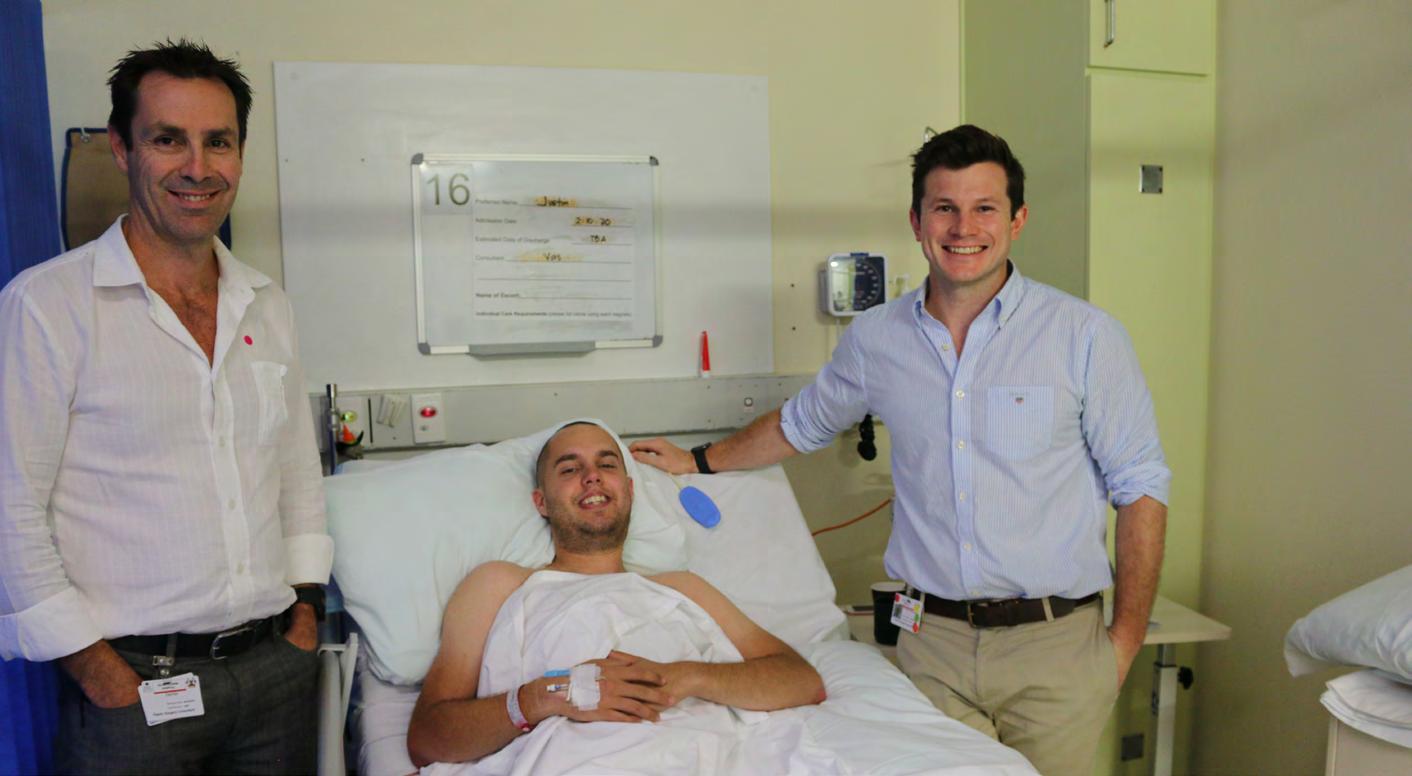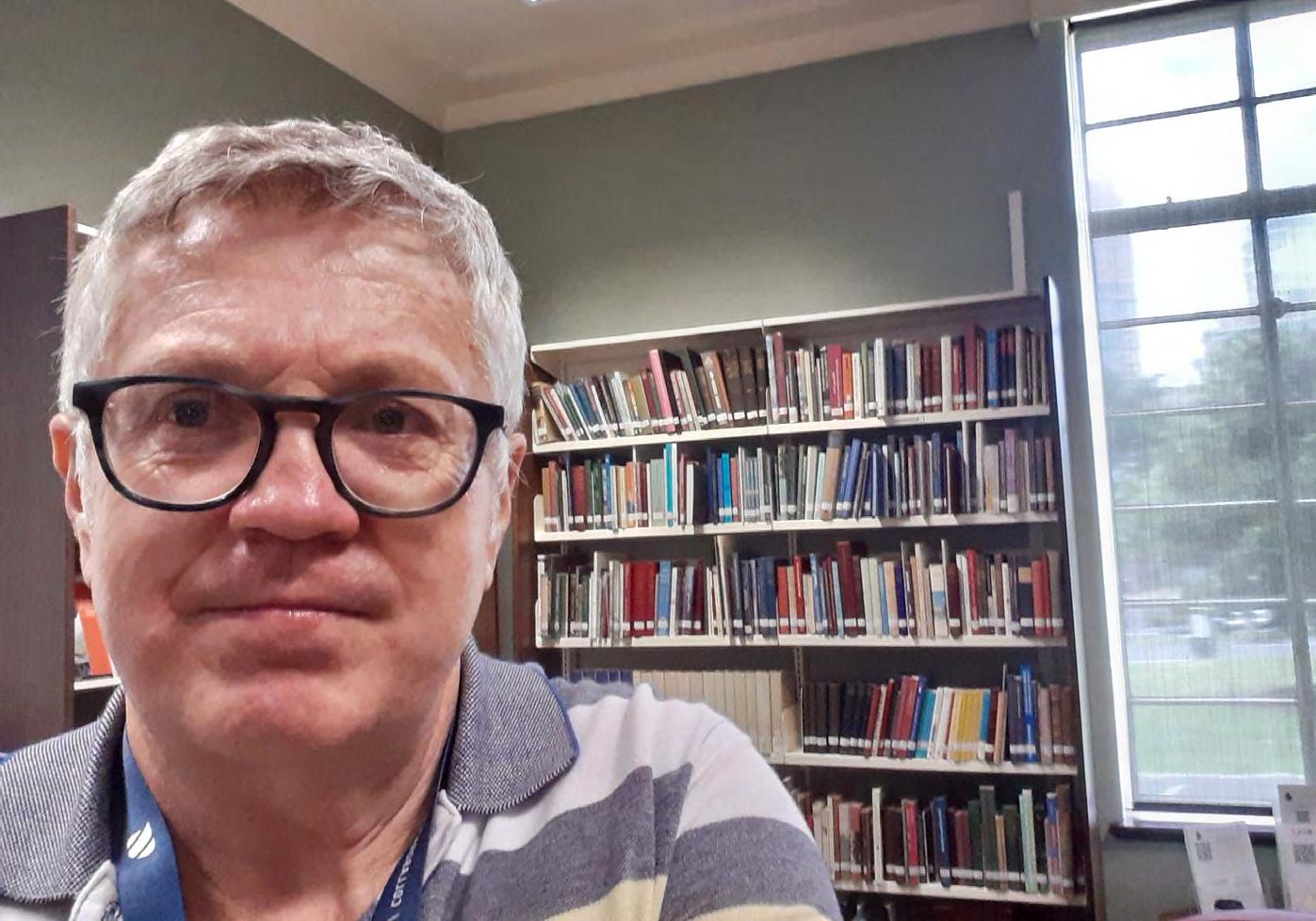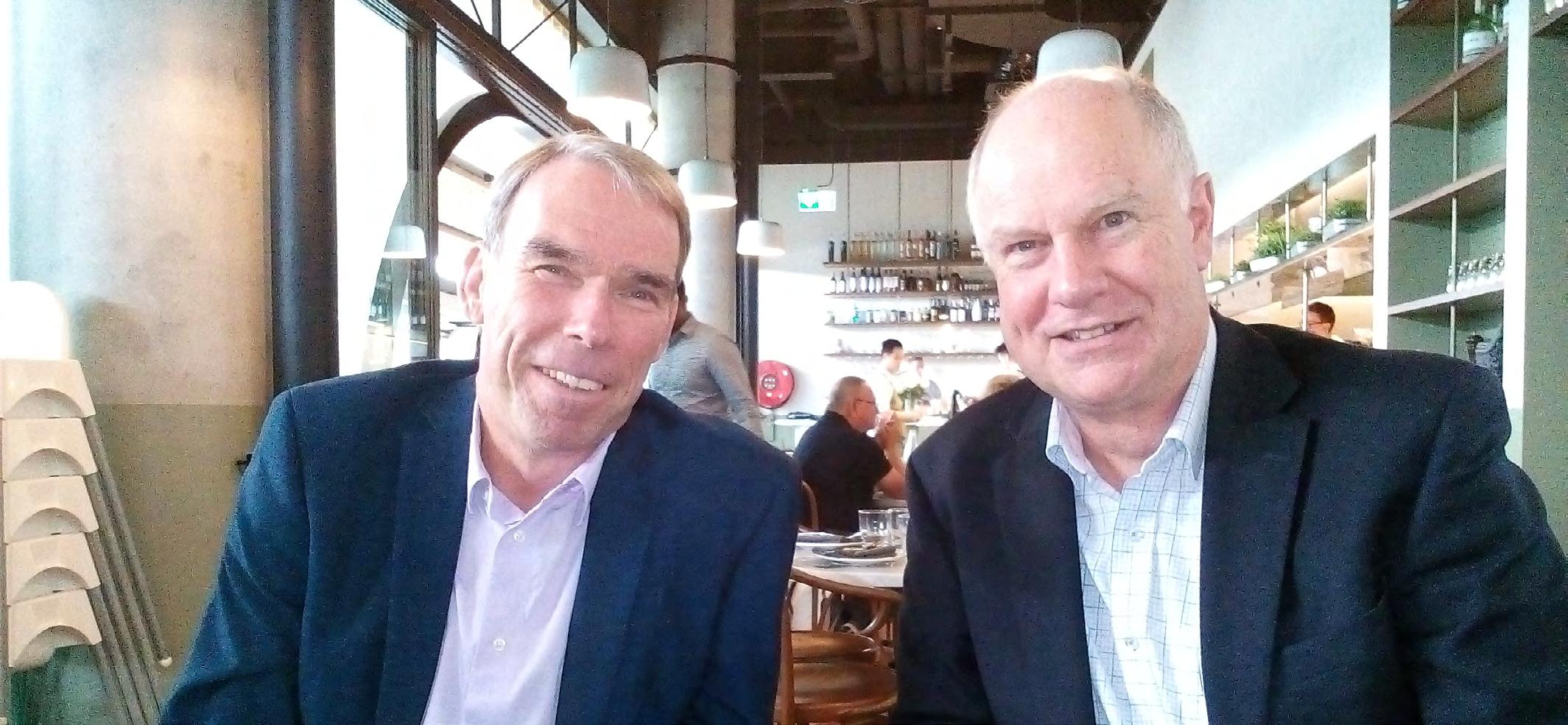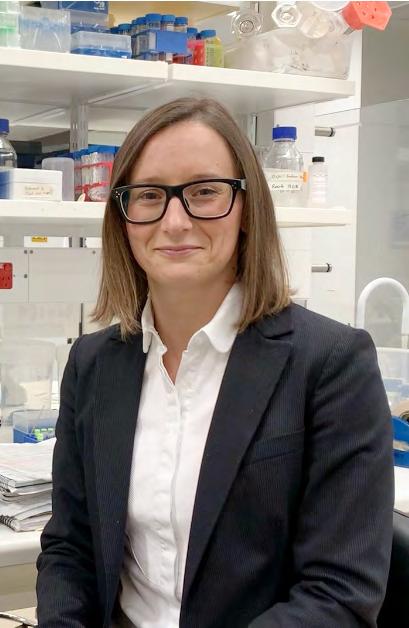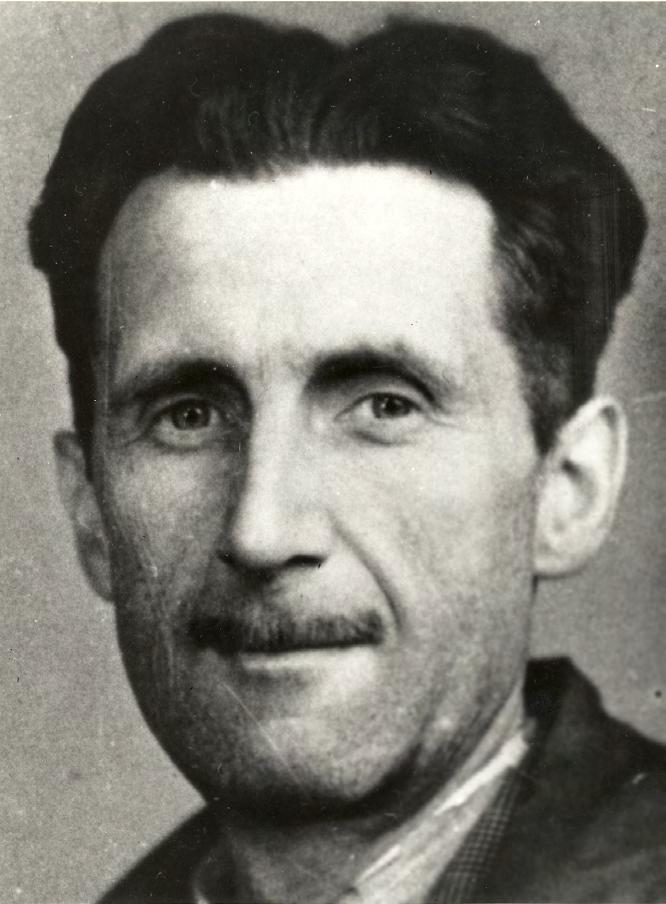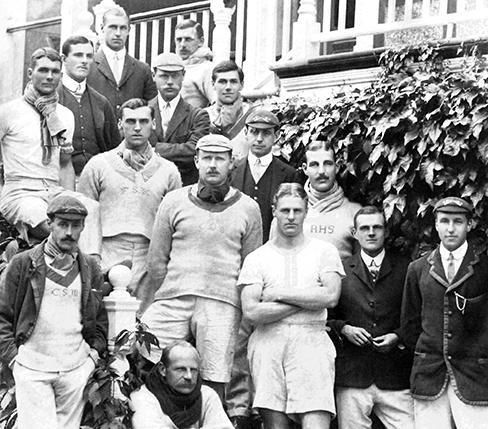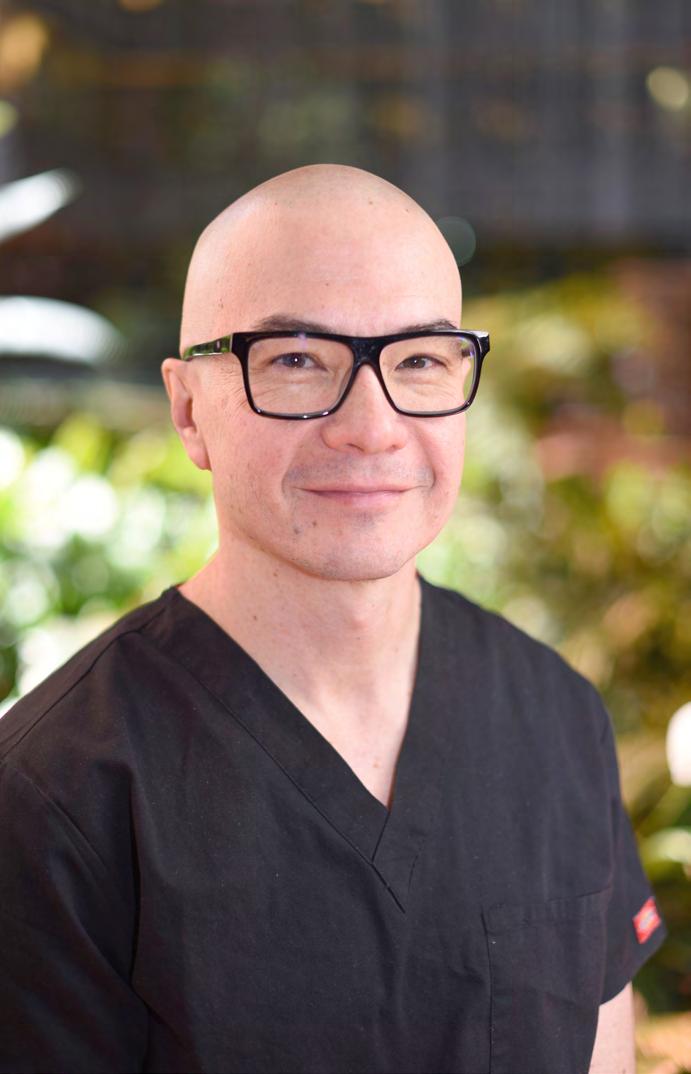
4 minute read
Fellowship exam a success
The Royal Australasian College of Surgeons’ (RACS) Fellowship Examination is the culmination of years of training, and a vital step for a Trainee or Specialist International Medical Graduate (SIMG) to become a Fellow. Three Fellowship exams are normally held each year: two in Australia (in May and September) and one in New Zealand (in May). However, COVID-19 caused a major disruption to the delivery of RACS examinations. From March 2020, all faceto-face activities were suspended until further notice, and the May exams were cancelled. The consequence of suspending examinations was significant, as they are linked to selection and training. We were aware that prolonged suspension could result in significant future workforce shortages, as well as delay the completion of training or supervision for many candidates. RACS embraced the principle of being flexible in approach, while ensuring safety remained our priority. In May 2020, an Exams Working Party, chaired by Associate Professor Julie Mundy (RACS Vice President), was formed. She said that the aim of the group was to “try to run an exam that was as close to normal as possible for as many candidates as possible, without compromising the quality of the exam.” “It was a major step for the President to set up a working party and that, along with direct reporting lines through the Vice President, demonstrated how grave and important it was,” said Professor Christopher Pyke, Chair of the Court of Examiners. As well as Associate Professor Mundy and Professor Pyke, the working party was composed of senior examiners (incoming and outgoing), Censor-in-Chief Associate Professor Phillip Carson, Chair of the Board of Surgical Education and Training Mr Adrian Anthony, the Chair of SIMG Assessment Associate Professor Kerin Fielding and the Chair of RACS Trainee Association, Dr James Churchill. Professor Pyke called Dr Churchill’s contribution from the Trainee perspective “invaluable”. The key, Professor Pyke said, was “getting the right people together in the room – and the rest followed.” Professor Pyke spoke highly of the senior examiners involved. “These surgeons are at the top of their game,” he said. “Not only academically, but also as on-call surgeons who often also run successful practices. They brought all of those problem-solving and logistical skills to the table.” Associate Professor Mundy agreed. “The senior examiners were fantastic and really rose to the occasion.” There was also a massive cohort of surgeons who had retired from the Board of Examiners, but who came out of retirement for the event, including Associate Professor Mundy herself. Widespread travel was not possible, so a devolved exam model for delivery of the clinical/viva component was developed using a hybrid face-to-face and remote examiner model. There were 255 examiners in total, including 27 remote examiners. There were also 51 remote observers. The exam was delivered across six cities, five time zones and 59 venues. It was a big change for some of the specialties, in that patients could not always be physically examined, and in these cases significant changes had to be made to the format of the viva. Candidates were often examined in their own cities by examiners they knew. A formula of rotating examiners had to be created to avoid conflicts of interest. Meanwhile, exemptions were required to run the exam in both countries. There were restrictions on interstate travel, and on regional travel in and out of Melbourne and Sydney. Some candidates from Western Australia and Tasmania were required to travel to sit their exam and quarantine on their return. Associate Professor Mundy found the relevant Chief Medical Officers and Health Ministers were very approachable and accommodating to reasonable requests to allow the exams to proceed safely. There were more than 50 RACS staff working across two weekends to support the event, but the work involved in planning began at the beginning of the year and involved many more. Apart from the exams team, who were central to the event’s success, it included staff from departments such as Education, the State, Territory and New Zealand (STANZ) offices, Finance and IT. “It was a big collaboration,” said Julian Archer, Executive General Manager of Education. “It was a huge amount of work to try to balance the best of what we do physically with the best of new technology.” The use of technology was one of the major takeaways from the event for Professor Pyke. “We’ve learnt that you can observe the conduct of an exam in the virtual world, from a tablet inside the room,” he said. He also added that “electronic marking is almost certainly the way of the future.” Meanwhile Associate Professor Mundy pointed to structural lessons. “The world may never return to how it was indefinitely,” she said. “This year has forced us to look at how we can modify the exam and still provide the same standard. I think every specialty has had to do something a little differently and they will have lessons from that. They will have a backup plan for how they will disaster-proof their exam.” Professor Pyke commended the “glorious problem-solving skill of our College: small groups of surgeons getting together to find solutions.”
Advertisement


